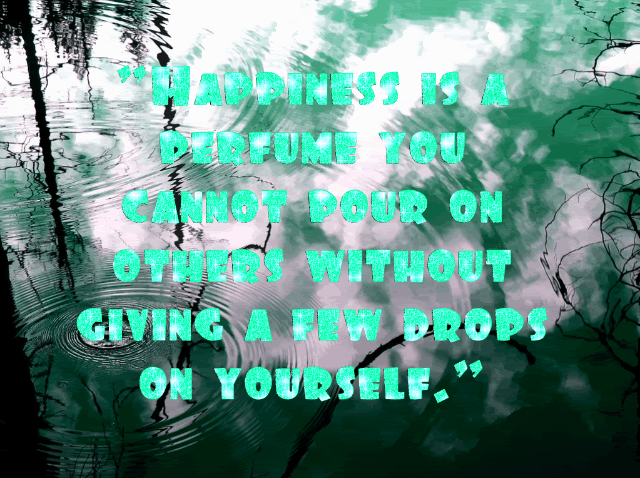
Joy
Clouds cannot hide the sun forever; joy eventually breaks through. We discover joy in our friendships, in nature, in loving our family, in spontaneous humor, in delicious food, in meaningful and interesting work. In coming to know joy, we find the important distinction between pleasure and joy by examining their relationship with time. Pleasures always remain time-bound and fleeting, whereas joy transcends all boundaries. Pleasure often contains its opposite, as we dread losing the moment or the object of pleasure, or we desire more — a grasping laden with suffering. Standing as its own timeless quality, joy has no opposite.
In the spiritual path, we may enter true joy that can suffuse our entire life, creating a continuing background of natural and buoyant happiness. Such joy develops gradually over the years of inner work, although we may experience intense flashes of it. But as our contact with the eternal source of joy grows, we relinquish our fears of the inevitable end of every time-bound moment of pleasure, appreciating pleasures as they come, eschewing the endless quest for pleasure, and transforming pleasure into joy. The source of joy works both through and beyond our material pleasures. Even in the midst of pain, joy remains itself.
read lesson in its entirety
- ~~~~~~~~~~~~~~~~~~~~~~~~~~~~~~~~~~~
poster 6 habits of happiness
- ~~~~~~~~~~~~~~~~~~~~~~~~~~~~~~~~~~~
article What Do We Need To Be Happy? Increasing research evidence has supported Aristotle’s argument that happiness is the whole aim of human existence.
Not only do people rank the pursuit of happiness as one of their most cherished goals in life but happiness appears to have various positive effects that benefit society at large.
Happy people succeed in making this world a better place through their optimism, energy, originality, and altruism.
Actively pursuing happiness is therefore not a selfish act but rather the means to make our own life meaningful and worthwhile as we make a positive difference in the lives of many.
So what do we need to be happy? read more Autonomy,Competence,Relatedness

References
Diener, E., & Biswas-Diener, R. (2002). Will money increase subjective well-being? Social Indicators Research, Vol. 57, pp. 119-169.
Lyubomirsky, S. (2001). Why are some people happier than others?: The role of cognitive and motivational processes in well-being. American Psychologist, 56, 239-249.
Sheldon,K.M., Elliot, A.J., & Kim, Y., Kasser, T. (2001). What Is Satisfying About Satisfying Events? Testing 10 Candidate Psychological Needs. Journal of Personality and Social Psychology, Vol. 80, No. 2.
- ~~~~~~~~~~~


BE YOU

